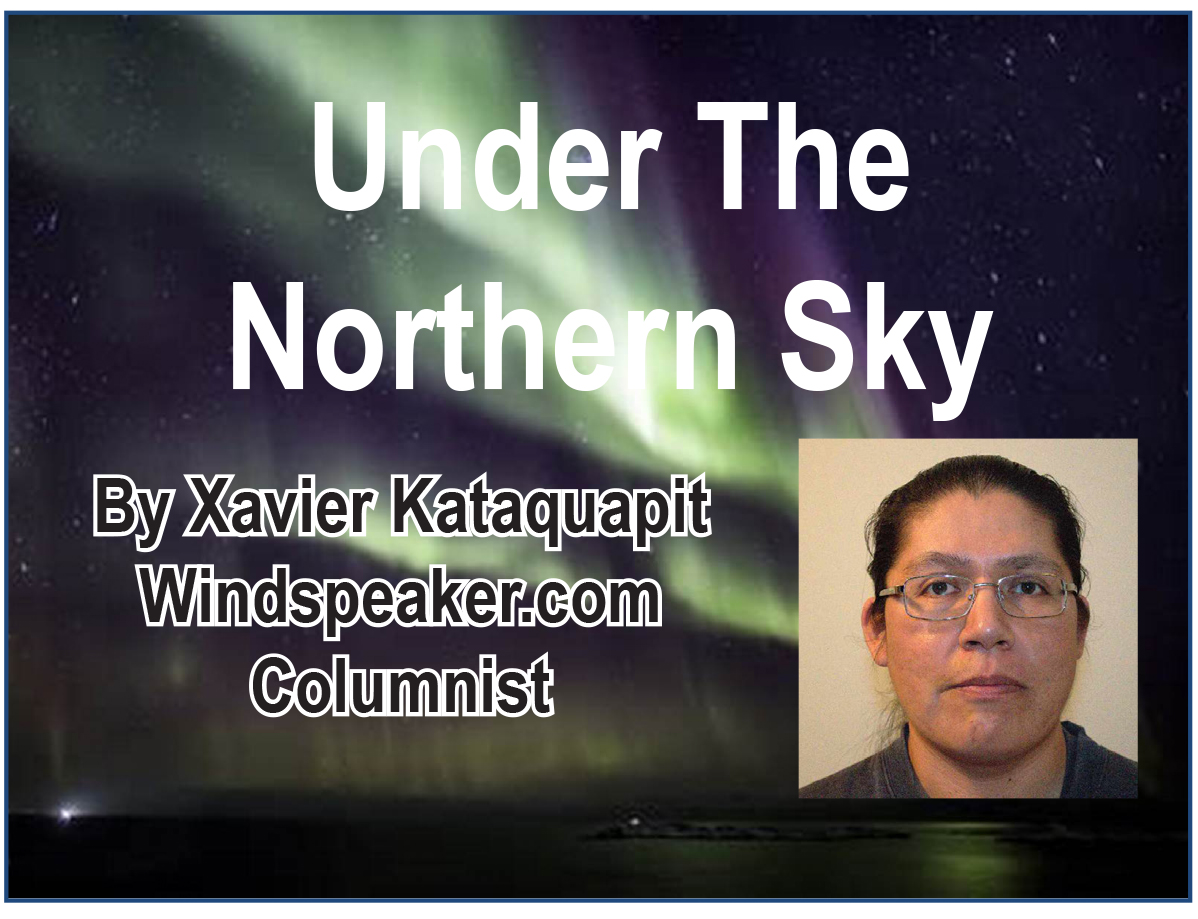
By Xavier Kataquapit
The news that the graves of 215 children had been discovered near the site of a former residential school in Kamloops, B.C. came as shock to me, my family and to every First Nation person across the country. As shocking as it was, it was also knowledge we had known about our entire lives.
I am a child of residential school survivors. The trauma my parents faced as a result of this inhumane period of history has affected me and generations of my people. Both my parents attended residential school, with my father Marius and his siblings going to St Anne’s Residential School in Fort Albany and my mother Susan flying off to a residential school in Fort George, Que. on the other side of James Bay.
My siblings and I grew up hearing so many strange stories about these schools but we could never really understand or appreciate these experiences because no one ever told us the full story. Our parents acknowledged that they attended these schools but they never fully explained what happened to them.
The clouded recollections of many residential school survivors were filled with memories that children died regularly at these places, were punished, tortured and abused. I’ve heard many personal stories of children who just never came home, children that disappeared and families that learned of their child dying months after the fact. There are also many stories of children who ran away. Some of them did escape back to their families and some just simply disappeared.
I imagine my mom Susan faced with leaving her family as a small child and not understanding why she was getting on a float plane and taking off into the unknown. My dad Marius as a little boy would have had no idea why he was plucked from his home in Attawapiskat and sent to another part of the coast.
In reality their experience was part of a grand plan to genocide. The United Nations describes genocide as a crime committed with the intent to destroy a national, ethnic, racial or religious group, in whole or in part.
There is no guessing as to what took place. Consider the frank words of Duncan Campbell Scott, Deputy Superintendent General of Indian Affairs from 1913 to 1932, who in 1916 said “I want to get rid of the Indian problem ... Our objective is to continue until there is not an Indian that has not been absorbed into the body politic and there is no Indian question and no Indian department.” Scott is also famously quoted in 1910 as referring to the policies of the government at the time as leading up to “the final solution of our Indian problem.” This is a haunting statement that is reminiscent of the Nazi government who used the same language 30 years later during the holocaust.
When you read the history of Canada from an Indigenous perspective, the policies, the laws and the words of the people who dealt with Native people is clear. They wanted us gone and they wanted us out of the way for development of this land.
Imagine the shock and terror all of these children felt as their parents could not protect them from being kidnapped from their home communities and families. It was law, enforced by law enforcement. Parents and guardians would be arrested and punished if they resisted this capture of their children. The idea or notion that the Canadian government could even think it was appropriate to steal away children from their parents is horrifying. It is genocidal.
It is important that the government fully acknowledge this history for what it was, an act of genocide. There is no way to make amends for the lives that were lost, the children who died, the broken people that survived and the generations of people like me who have had to live with the fallout.
A way forward from this is to first acknowledge and accept this terrible part of our shared history. Then we can move on towards a healing path that can ease the lives of the remaining survivors and help the people of my generation to cope with this tragedy.
This recent discovery is the tip of the iceberg and sites at all residential schools across the country must be investigated. A good start at making things right would be to make sure my people all across the country have clean water, decent housing and there should be more investment in health care and education.
We have no choice if we want to honour the lives of 215 children and countless others who lie in unmarked graves across Canada.
